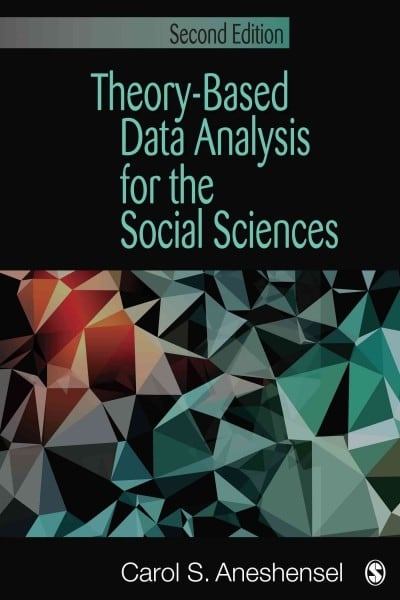Question
What potential outcomes of the real-world problem and the possible decisions in terms of cognitive psychology. In what settings do you see the below article
What potential outcomes of the real-world problem and the possible decisions in terms of cognitive psychology. In what settings do you see the below article strategies working best? What alternative decision-making processes or methods could they have used?
Article
Cognitive functioning is essential for solving modern difficulties. Sleep deprivation hinders cognitive performance. Sleep can improve decision-making and problem-solving. Insufficient sleep and other modern issues impair cognition. Sleep deprivation impairs concentration, memory, and reasoning. Lack of sleep makes it hard to focus, remember, and judge (Clinic, 2022). Thus, their problem-solving skills could be improved, making it easier to overcome daily challenges. Decision-making is crucial to cognitive functioning in real-world situations. Decision-making is linked to cognitive processes, and insufficient sleep can impair cognition and lead to poor decisions. To solve difficulties, people must choose the best approach. The dual-process hypothesis suggests that decision-makers use intuitive heuristics and analytical deductive reasoning. Sleep deprivation causes people to use intuition to make hasty judgments (Bronstein et al., 2019). This incorporates mental shortcuts or heuristics. However, cognitive impairment might cause biases and inaccuracies in these heuristic procedures. Reduced cognitive capacity may cause someone to overlook potential repercussions or ignore alternatives. Cognitive psychology judgments about real-world problems can have serious effects. When someone is sleep-deprived and makes impulsive decisions, they may choose fast remedies that provide momentary relief but do not address the cause. This approach may worsen the problem and cause persistent sleep deprivation and cognitive problems. However, analytical reasoning may help people make better decisions even when cognitively challenged. Analytical reasoning involves carefully weighing the pros and cons of different options. This technique can improve problem-solving by encouraging people to predict outcomes and develop long-term welfare plans.
In conclusion, cognitive capacities affect problem-solving in modern situations like sleep deprivation. Insufficient sleep impairs cognition, attention span, memory retention, and decision-making. Decision-making, whether instinctual or rational, is essential for problem-solving. Impaired cognitive function can lead to skewed judgments and bad actions. Finding a balance between cognitive resources and decision-making processes is essential to solving real-world problems while limiting negative effects.
References
Bronstein, M. V., Pennycook, G., Joormann, J., & Cannon, T. (2019, June). Dual-process theory, conflict processing, and delusional belief. ResearchGate; Elsevier BV. https://www.researchgate.net/publication/333740624_Dual-process_theory_conflict_processing_and_delusional_belief
The clinic, C. (2022). Sleep Deprivation: What It Is, Symptoms, Treatment & Stages - Cleveland Clinic. Cleveland Clinic. https://my.clevelandclinic.org/health/diseases/23970-sleep-deprivation
Step by Step Solution
There are 3 Steps involved in it
Step: 1

Get Instant Access to Expert-Tailored Solutions
See step-by-step solutions with expert insights and AI powered tools for academic success
Step: 2

Step: 3

Ace Your Homework with AI
Get the answers you need in no time with our AI-driven, step-by-step assistance
Get Started


